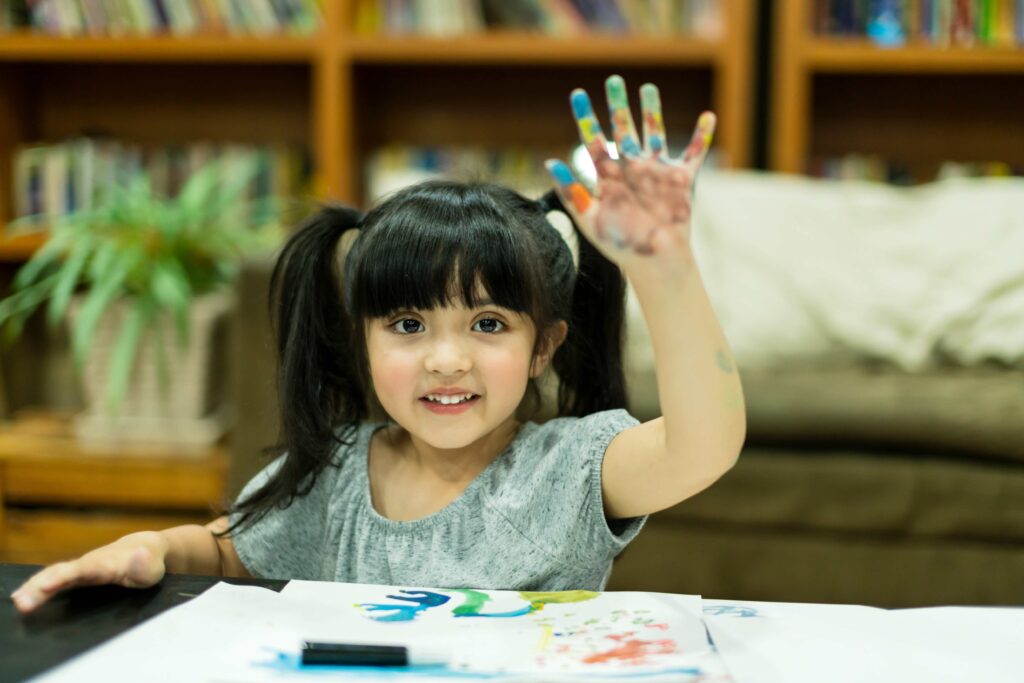As parents, we all want the best for our children, and providing them with a strong foundation in education is paramount. Early education plays a crucial role in shaping a child’s cognitive, emotional, and social development. The question that often arises is when and how should we introduce our little ones to the world of learning? In this blog post, we will explore the importance of early education, the optimal age to start, and effective strategies to make this transition smooth and enjoyable for both parents and children.
Understanding Early Education:
Early education is not just about academics; it encompasses a holistic approach to learning that nurtures various aspects of a child’s development. It involves socialization, emotional intelligence, motor skills, and cognitive abilities. By introducing your child to early education, you set the stage for a lifetime of curiosity and love for learning.
The Optimal Age to Start:
The optimal age to introduce your child to early education can vary, as each child is unique. However, experts generally recommend starting around the age of two to three years old. At this stage, children are often eager to explore their surroundings, have developed basic motor skills, and are ready to engage in structured activities. It’s crucial to observe your child’s readiness and not push them too early or too late.
Signs of Readiness:
Curiosity: A child’s curiosity about the world around them is a strong indicator of readiness for early education. They may start asking questions or showing interest in books, colors, and numbers.
Social Interaction: If your child is beginning to interact with other children and adults, it’s a positive sign. Early education often involves group activities that encourage socialization and teamwork.
Basic Motor Skills: The ability to hold a crayon, stack blocks, or use simple tools demonstrates developing motor skills. These skills are foundational for the hands-on activities that early education typically involves.
Effective Strategies for Introducing Early Education:
Create a Learning-Friendly Environment: Designate a space at home that is conducive to learning. Ensure it is well-lit, clutter-free, and stocked with age-appropriate educational materials, books, and toys.
Structured Playtime: Introduce structured playtime that involves educational games and activities. This could include puzzles, building blocks, and interactive games that stimulate their cognitive abilities.
Read Aloud: Reading aloud to your child is one of the most effective ways to introduce language and communication skills. Choose age-appropriate books and make reading a daily ritual.
Enroll in Preschool Programs: Consider enrolling your child in a reputable preschool program. These programs often provide a structured learning environment, social interaction opportunities, and experienced educators who specialize in early childhood development.
Encourage Curiosity: Foster your child’s natural curiosity by allowing them to explore and ask questions. Provide age-appropriate answers and encourage them to find solutions through exploration and critical thinking.
Conclusion:
Early education sets the foundation for a lifetime of learning, curiosity, and personal development. By observing your child’s readiness, creating a learning-friendly environment, and incorporating structured play and educational activities, you can make the transition to early education a positive and enriching experience for both you and your child. Remember, each child is unique, so pay attention to their individual pace and interests, and enjoy the journey of nurturing their young minds.


